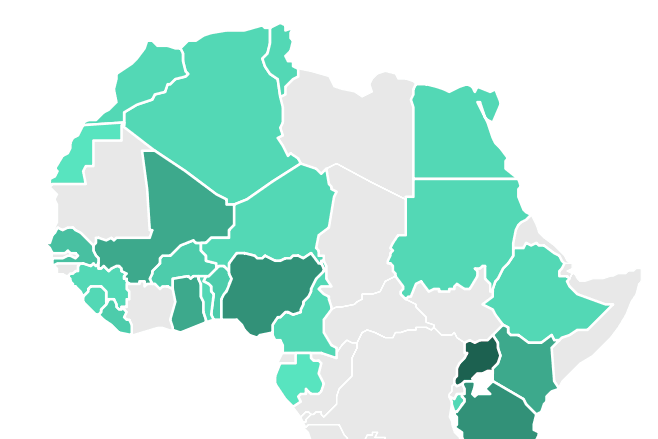Chinese aid and local corruption
Date Published
Mar 1, 2018
Authors
Ann-Sofie Isaksson, Andreas Kotsadam
Publisher
Journal of Public Economics
Citation
Isaksson, A., & Kotsadam, A. (2018). Chinese aid and local corruption. Journal of Public Economics, 159: 146-159. https://doi.org/10.1016/j.jpubeco.2018.01.002.
Note: A version of this article was previously published as an AidData Working Paper.
Abstract
Considering the mounting criticisms concerning Chinese aid practices, the present paper investigates whether Chinese aid projects fuel local-level corruption in Africa. To this end, we geographically match a new geo-referenced dataset on the subnational allocation of Chinese development finance projects to Africa over the 2000–2012 period with 98,449 respondents from four Afrobarometer survey waves across 29 African countries. By comparing the corruption experiences of individuals who live near a site where a Chinese project is being implemented at the time of the interview to those of individuals living close to a site where a Chinese project will be initiated but where implementation had not yet started at the time of the interview, we control for unobservable time-invariant characteristics that may influence the selection of project sites. The empirical results consistently indicate more widespread local corruption around active Chinese project sites. The effect is seemingly not driven by an increase in economic activity, but rather seems to signify that the Chinese presence impacts norms. Moreover, Chinese aid stands out from World Bank aid in this respect. In particular, whereas the results indicate that Chinese aid projects fuel local corruption but have no observable impact on short term local economic activity, they suggest that World Bank aid projects stimulate local economic activity without any consistent evidence of it fuelling local corruption.
Funding: Ann-Sofie Isaksson discloses that funding for her participation in writing this paper comes from the Swedish Research Council under the project “Impacts of new forms of aid: Governance challenges and distributional consequences”. Andreas Kotsadam acknowledges financial support from the Norwegian Research Council as part of the project “Development Aid, Effectiveness, and Inequalities in Conflict-Affected Societies” (Project number ES548591).
